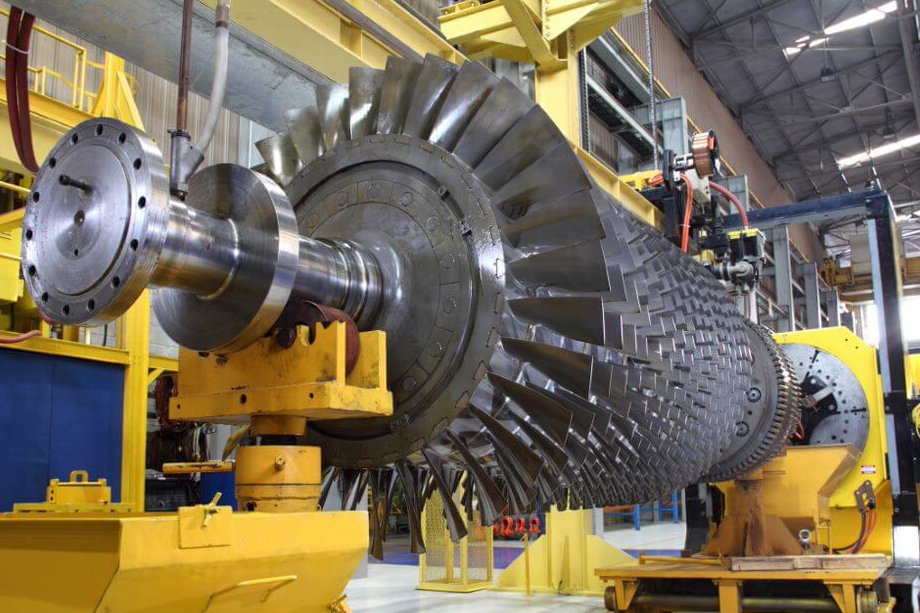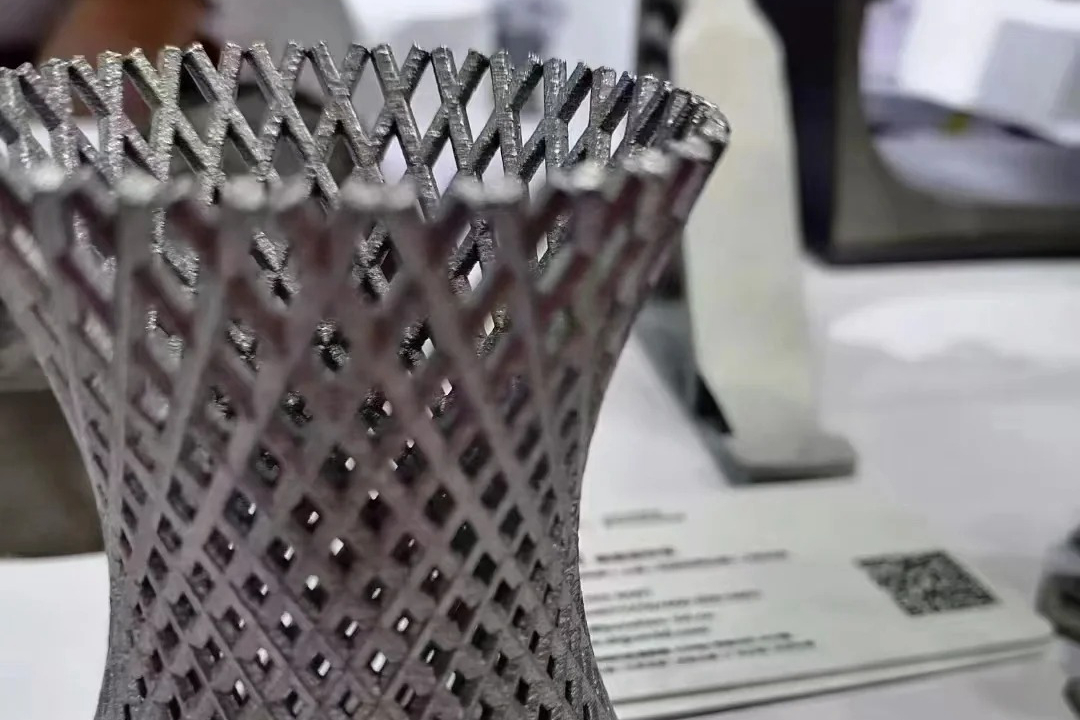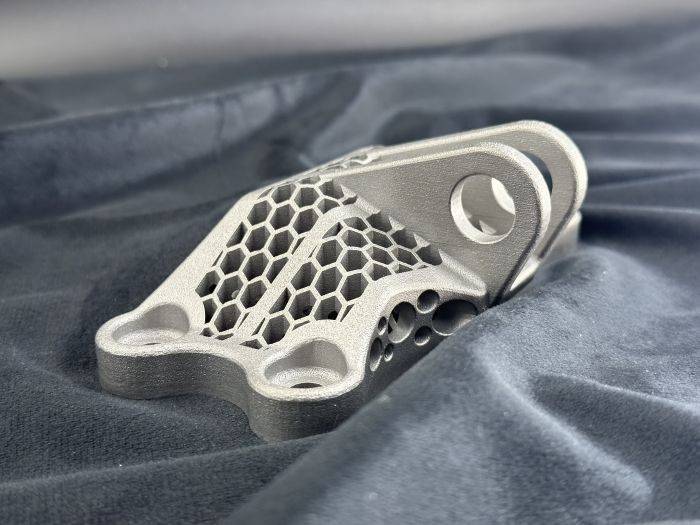Do you provide formal reports that include all raw data and expert interpretations?
Formal Reporting Structure and Documentation
Yes, we provide complete, formal analytical reports that encompass all raw data, detailed observations, and expert engineering interpretations. Our documentation philosophy ensures full transparency and traceability for all characterization services, including SEM/EDS analysis of components manufactured through various processes such as Powder Bed Fusion and Binder Jetting. Each report is structured to provide both the foundational evidence and the professional context necessary for informed decision-making in research, development, and quality assurance applications across industries including Aerospace and Aviation and Medical and Healthcare.
Report Components and Technical Depth
Comprehensive Raw Data Inclusion
Our formal reports contain complete sets of raw analytical data, including full-resolution SEM micrographs at all relevant magnifications, unprocessed EDS spectra, and elemental mapping datasets. This comprehensive approach enables clients to independently verify findings and conduct additional analysis if necessary. For materials such as Titanium Alloy or Superalloy components, we include multiple analytical perspectives from the same regions of interest, providing correlative evidence for microstructural features, phase identification, and elemental distribution. The raw data package is particularly valuable for establishing baseline material characteristics before implementing processes such as heat treatment or Hot Isostatic Pressing (HIP).
Expert Engineering Interpretation and Contextualization
Beyond raw data, our reports feature extensive expert analysis that translates observational data into actionable engineering insights. This section includes detailed microstructural interpretation, failure mechanism analysis when applicable, and correlations between material characteristics and performance properties. For Carbon Steel tooling or Stainless Steel components, we provide specific recommendations regarding material suitability for intended applications, potential performance limitations, and optimization strategies. This interpretive dimension is especially valuable for Automotive clients seeking to improve component reliability or Consumer Electronics manufacturers requiring material validation.
Customization for Specific Applications and Industries
Tailored Reporting Formats
We recognize that different stakeholders require different information presentations. Our reporting format adapts to project requirements, ranging from comprehensive technical documents for engineering teams to summary reports with key findings for management review. For specialized applications involving Ceramic materials or Copper alloy systems, we emphasize material-specific characterization parameters and industry-standard evaluation criteria. This tailored approach ensures that clients receive the most relevant information in a format that is most usable for their specific decision-making processes.
Quality Assurance and Regulatory Compliance
All formal reports undergo rigorous quality assurance review, with traceable documentation procedures that support regulatory compliance requirements. For components produced using Directed Energy Deposition or other advanced 3D Printing Services, our reporting methodology provides the material traceability and characterization depth necessary for qualification in regulated industries. The integration of raw data with expert analysis creates a comprehensive technical record that supports material certification, process validation, and continuous improvement initiatives across manufacturing sectors.



